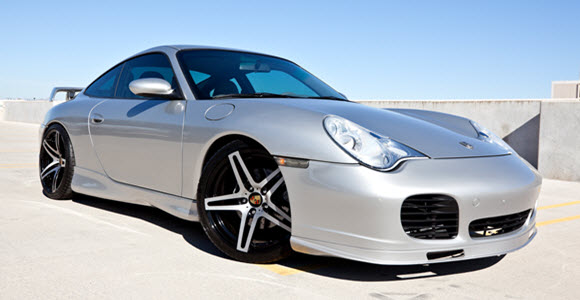BMW Maintenance Tips for Safe Traveling
Posted on | 31 May 2017 By Anita Gaal
Owning a luxury car usually comes at a cost—and we don’t mean just money. Time and effort must be put into your car if you are to invest in such a purchase, and respecting the integrity of the vehicle you choose is of the utmost importance if you hope the car will live for any extended period of time. German engineering in particular is known for it’s incredible performance and impeccable designs; and BMWs are no exception. When you own a BMW, it is likely that you know how magnificent these machines can be. With the proper maintenance, BMWs can out-perform most vehicles on the road. Respecting the engineering and design that BMWs entail is part of the benefit of owning one, especially because they so rarely encounter issues. There are general maintenance suggestions that one should follow with any car, but especially with BMWs because they are particularly deserving of proper care. BMWs are rated as one of the safest vehicles out there, and this is partly due to the customer following that invests in them. If you own a BMW, or any other German vehicle such as a Mini, or a Volkswagen, here are some maintenance tips for safe traveling.
Scheduled service & maintenance is the key
Your BMW comes with a service and maintenance schedule that should be followed routinely, but there are general procedures that you should be sure to stay on top of regularly. Especially for safety purposes, there are numerous ways you can be sure to stay safely on the road, and not on the side of it. Firstly, before you take your BMW on any lengthy drive you should bring it to your favorite, trusted auto mechanic for a lookover. They can top off any of your fluids that you may be lower on such as motor oil, windshield wiper fluid, radiator fluid, and brake fluid. These are all critical to be sure are full and clean before you embark on any trip, and are generally important for daily usage of your vehicle. Keeping fluids full and clean (with the exception of windshield fluid) is critical to keep your car running smoothly and without any hiccups. For instance, if your brake fluid is low, it can cause severe issues if you are driving in an area with a lot of declines—in these areas in particular you use your brakes more often and for longer periods of time.
Be vigilant to tire pressure and wear
Another important BMW safety tip is to be vigilant of your tire pressure and wear. You can do this by checking the pressure with a pressure gauge regularly. The desired pressure level for your particular vehicle can be found either in the owner’s manual or on the inside of the driver’s side door. Be careful not to overfill your tires, because this can cause distortion and bubbling rendering your tire unusable and unsafe to drive on. If you are not familiar with how to fill your tire with air or don’t trust yourself to do it properly, then do not hesitate to bring it to a professional—they can also inspect your tires while you are there. However, if you want to check your tire wear yourself, the most important thing to look for is evenness amongst all four of the tires. If you notice any areas that are particularly worn on any one tire, then it might be time for an inspection. Tires can tell you a lot about your BMW and indicate any issues there might be.
Look for a qualified mechanic
Before you bring your BMW to any auto mechanic, it is imperative that you think about their qualifications and credentials. General automotive shops may do an adequate job on repairs and maintenance, however, if you are serious about the health of your BMW and want to preserve the integrity of the engineering, then you should consider going to a European automotive specialist; they are especially well-versed in German engineering and will be more thorough than any average mechanic shop. Furthermore, they are skilled in performing repairs on these vehicles because they have the proper training to do so. Having regular maintenance performed on your BMW is essential to keeping your car running for many decades to come, and will allow you to forever enjoy your beloved Bimmer.
















